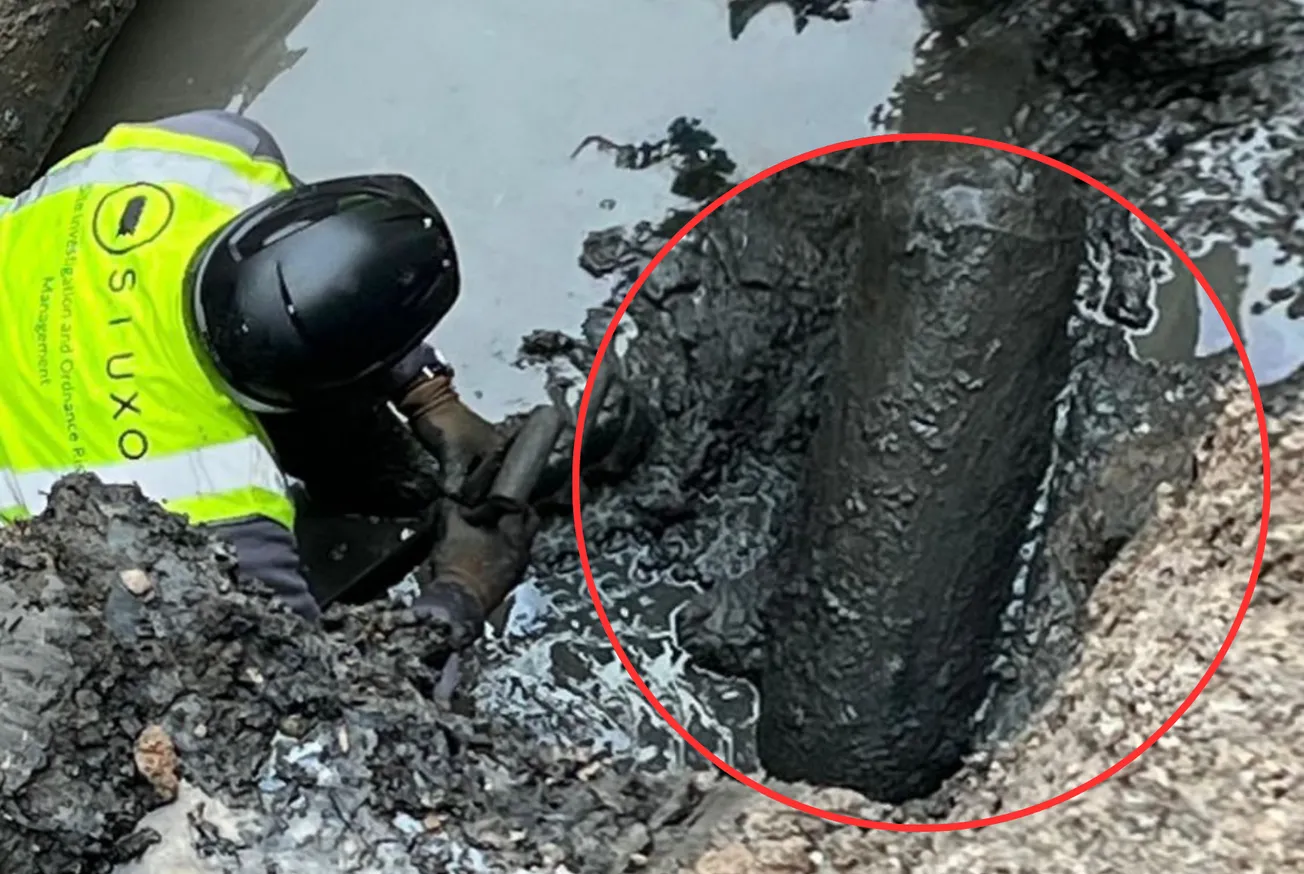A political whip is an elected member of a party whose role is to enforce party discipline and ensure MPs or councillors vote according to the "party line" - the official position or policy that a political party adopts on any given issue.
The Party Line: The party line is the agreed stance that all party members are expected to support publicly, whether they personally agree or not. This could be:
- Support for or opposition to specific policies
- Voting intentions on proposed legislation
- The party's position on local issues
- Who to support in leadership elections
Party lines are typically decided by party leadership, sometimes after internal consultation, but individual members are expected to follow regardless of personal views.
The Whip's Role: Named after the "whippers-in" who keep hounds together during a fox hunt, whips use various methods to ensure members toe the party line:
Main Responsibilities:
- Counting heads before crucial votes
- Ensuring party members attend important debates and votes
- Persuading wavering members to follow the party position
- Reporting back to party leadership about members' views and concerns
The Whip System: The term "the whip" also refers to the weekly instructions sent to party members about upcoming votes. These are typically underlined once, twice, or three times to indicate importance:
- One-line whip: Members can vote how they choose
- Two-line whip: Members expected to attend and vote with the party line
- Three-line whip: Members must attend and vote the party line or face consequences
Consequences of Defying the Party Line:
- "Withdrawal of the whip" - effectively expelling someone from the parliamentary/council party
- Loss of party endorsement at elections
- Exclusion from party meetings and committees
- Removal from party positions
How Independent Councillors Differ: Independent councillors operate entirely outside the whip system. They:
- Vote based on their own conscience and constituent views
- Are not subject to whipping or party discipline
- Make decisions without party pressure or instructions
- Have no party line to follow
- Face no sanctions for voting against any particular position
- Can freely speak and vote on issues without fear of party retribution
As Councillor Beer explained:
"I'm not governed by a whip so I can't be bullied or tormented by those groups no matter how much they try."
Local Level: While most familiar at Westminster, the whip system also operates in local councils. Party group whips ensure councillors vote together on key issues like budgets or leadership elections.
In Plymouth City Council, as Councillor Beer described, the whip system has been used to maintain party control over decisions about leadership and cabinet positions, with independent-minded councillors facing pressure to conform to the party line or risk isolation.
This system means individual councillors often have little say in major decisions if they conflict with their party's predetermined position.
Independent councillors, by contrast, can represent their constituents' views directly without the constraints of party politics or the fear of disciplinary action.
Sign up for free below to get notified with all the latest breaking news from Plymouth Plus.





